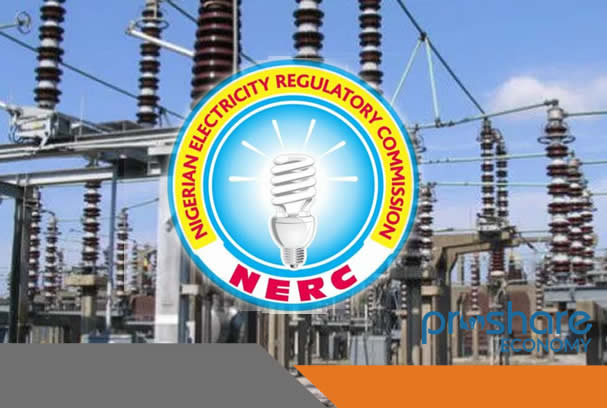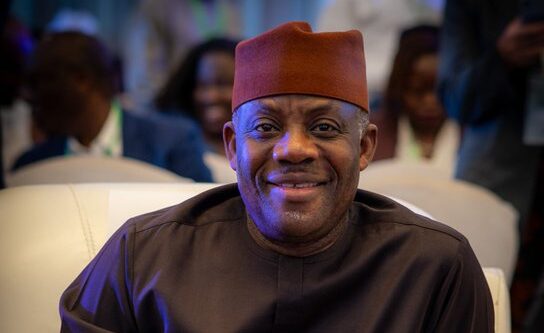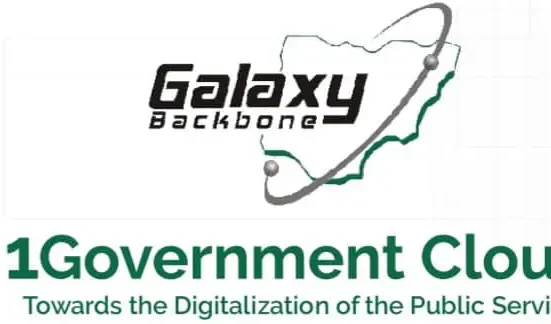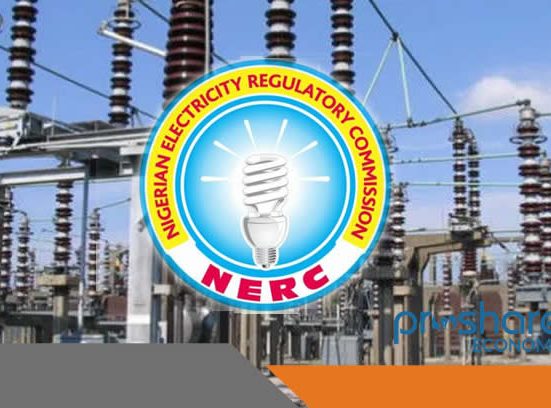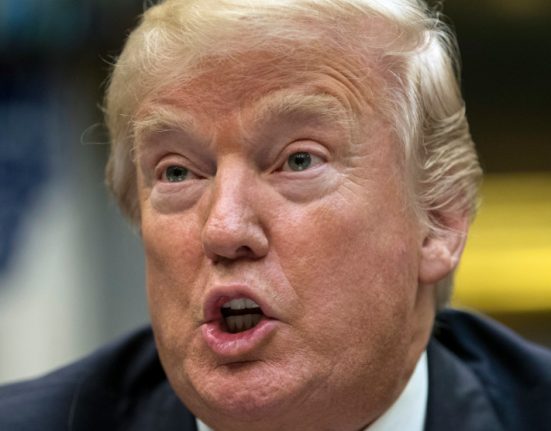The Nigerian Electricity Regulatory Commission (NERC) has disclosed that the Federal Government spent a total of N536.4 billion on electricity subsidies in the first quarter of 2025 alone. This staggering figure reflects the growing fiscal burden placed on the government as it continues to maintain non-cost-reflective electricity tariffs across the country’s eleven distribution companies, commonly referred to as DisCos.
According to NERC’s Q1 2025 industry report, the subsidy covered 59.16 per cent of the total invoice issued by the Nigerian Bulk Electricity Trading (NBET) company to DisCos during the review period. This represents a significant jump from the N471.69 billion recorded in the fourth quarter of 2024, a difference of N64.7 billion within just three months.
The Commission attributed the rise in subsidy payments to the Federal Government’s sustained policy of freezing end-user tariffs, despite a steady increase in cost-reflective tariffs which reflect the actual costs of generating and transmitting power. NERC explained that in the absence of tariff adjustments that match production and operational realities, the government is compelled to cover the shortfall through subsidies.
The subsidy covers part of what is termed the DisCo Remittance Obligation (DRO), which is the portion of the invoice issued by NBET that is not recoverable from customers due to artificially low tariffs. In Q1 2025, the adjusted invoice, after accounting for DRO, stood at N370.36 billion, of which DisCos remitted a total of N354.77 billion, translating to a remittance performance of 95.79 per cent. This marked an improvement from the 93.26 per cent achieved in the previous quarter.
NERC credited this improved remittance to an 8.59 per cent growth in revenue collection by DisCos during the period under review. The regulatory body also released disaggregated figures, showing that seven DisCos, namely Benin, Eko, Ibadan, Ikeja, Kano, Port Harcourt, and Yola, met their full remittance obligations to NBET. Abuja and Enugu DisCos also recorded strong showings with remittance rates of 98.43 per cent and 99.27 per cent respectively.
However, not all operators met expectations. Kaduna DisCo recorded the lowest performance with just 37.77 per cent remittance, while Jos DisCo experienced a sharp decline of 10.09 percentage points in its remittance rate compared to the previous quarter. These figures underscore the uneven performance among DisCos and the persistent structural challenges facing the Nigerian power sector.
Despite the slight gains in remittance and revenue collection, sector analysts remain concerned about the long-term sustainability of the current subsidy model. They warn that unless the Federal Government either transitions to fully cost-reflective tariffs or introduces a more targeted and transparent subsidy framework, Nigeria’s power sector will remain financially distressed, relying heavily on public funds to stay afloat.
Efforts to reform electricity pricing in the country have frequently met resistance from labour unions and civil society organisations, who argue that Nigerians should not be subjected to higher tariffs in exchange for poor and unreliable service delivery. This ongoing tension between economic realities and social expectations continues to frustrate the implementation of much-needed reforms within the power sector.

